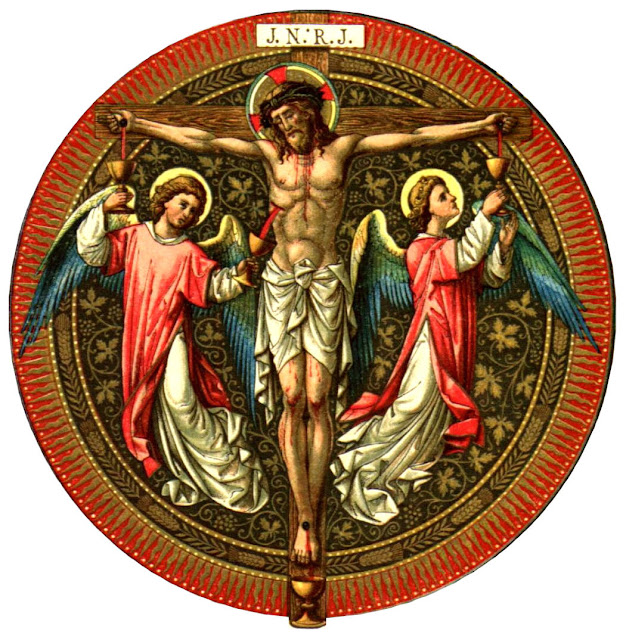Bournemouth Oratory Appeal
Over the past year, during the time that I have been recovering from illness, the Bournemouth Oratory-in-Formation has generously welcomed me to celebrate Mass in the beautiful Church of the Sacred Heart every day, and have become good friends in what is sometimes an isolated existence while I wait for accommodation in my own Archdiocese. They have recently launched an appeal which I am keen to pass on to you in case you may be able to help. Bishop Philip Egan, a sound and courageous Bishop, has encouraged the Oratory, not only by giving them the Sacred Heart Church as a permanent home, but in supporting them in an ambitious plan to develop their work and become: A powerhouse of prayer A focus for formation in the faith A hub for the community in the heart of Bournemouth The Community has increased the availability of daily Mass and provides regular daily times for confession, twice-weekly times for adoration of the Blessed Sacrament, as well as “Oratory”, the twice daily ti...










